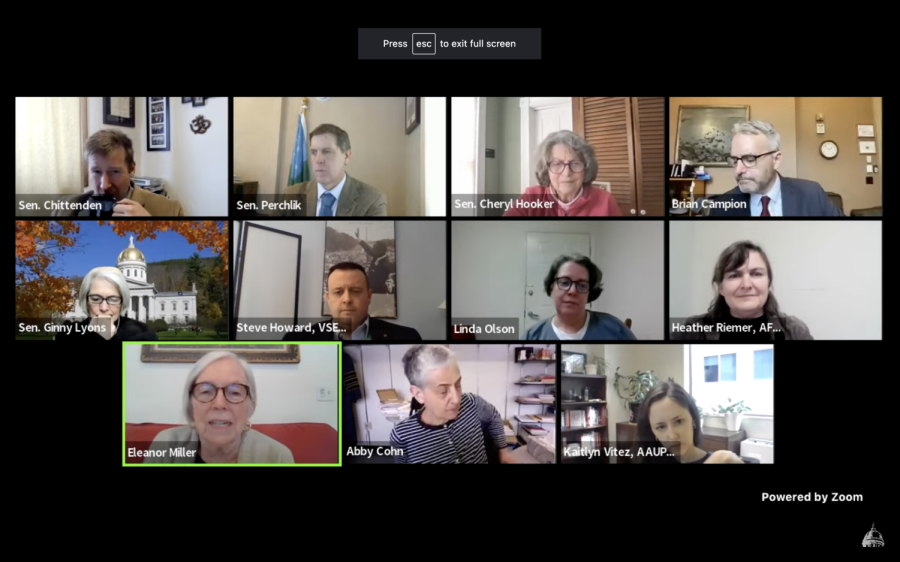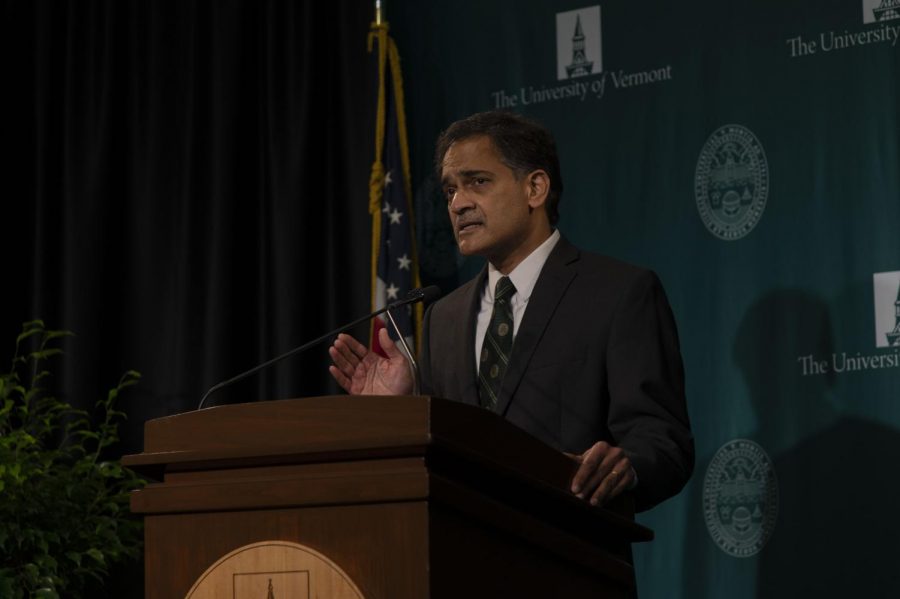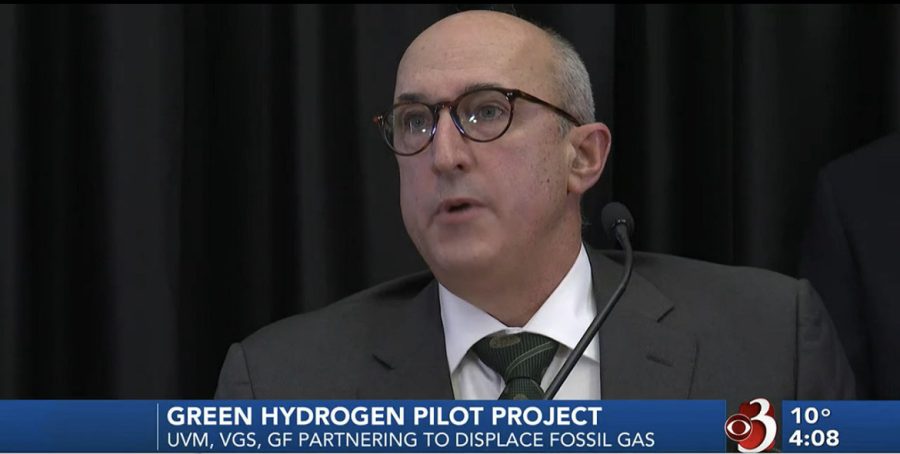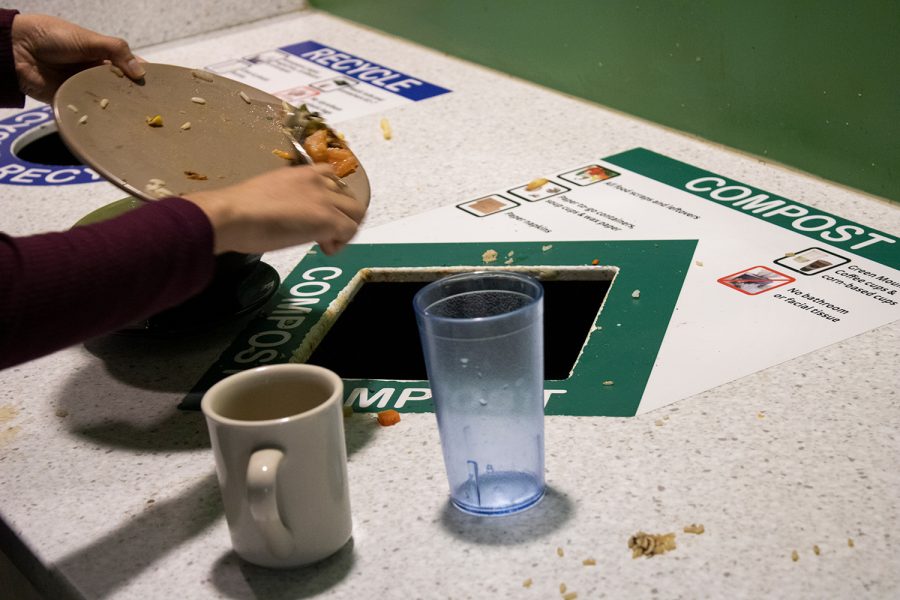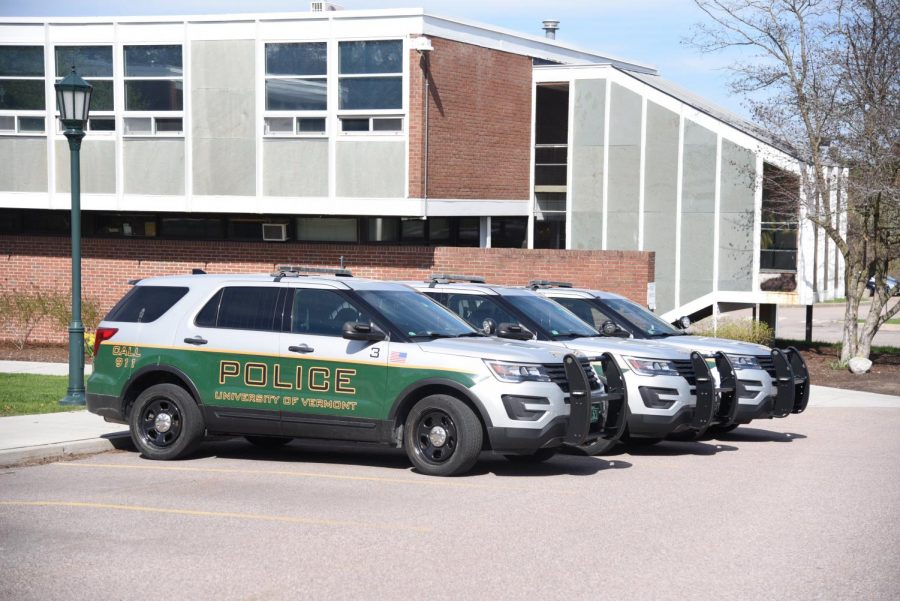Vermont is one step closer to legalizing recreational marijuana.
The Vermont State Senate voted 17 to 12 to pass the measure Feb. 18. It will now head to the Vermont House of Representatives.
If the bill passes the House, it would then go to Gov. Peter Shumlin for approval.
The bill would make it legal for Vermonters ages 21 and over to possess up to one ounce of marijuana, and non-residents up to a quarter of an ounce. The law does not permit the sale of edibles.
“I think [marijuana] should be legalized. It causes a lot of unneeded arrests and is just as detrimental or less than alcohol is,” sophomore Sumner Lebaron-Brien said.
Sophomore Senou Lynn also supports the bill being passed.
“This law will provide an opportunity for new markets, and an economic boost for Vermont and small businesses,” Lynn said.
Not every student is convinced that marijuana legalization in Vermont is a good path.
Sophomore Elena McWright said she has concerns about the effects legalization could have on Vermont’s children.
“I think legalizing could make marijuana use more attractive to kids,” McWright said.
Pro and anti-legalization lobbyists debated the issue at UVM Feb. 22.
“The bill is a disaster. It threatens the very fabric of Vermont,” said Kevin Ellis, the lobbyist for anti-legalization group Smart Approaches to Marijuana-Vermont.
Members of SAM-VT are concerned about the health impacts of long-term pot smoking and see no reason to make it legal, Ellis said.
Marijuana is a public health risk that will damage society, he said.
“The war on drugs has been an utter, abysmal failure,” Bill Lofy, who represents the pro-legalization Vermont Cannabis Collaborative, said.
Marijuana is already highly accessible here, and it should be regulated to make it safer, Lofy said.
The state could tax marijuana and use the money for education and drug treatment, both for marijuana and other drugs like heroin, which is a serious statewide health issue, he said.
UVM could also benefit financially by developing new technologies like roadside marijuana intoxication tests and selling them to the state, as Washington State University has done, Lofy said.
The bill passed the Senate Appropriations Committee Feb. 22, and the full Senate voted Wednesday and Thursday.
This story was reported in collaboration with the CDAE- 195, Media-Action-Policy state- house coverage team, on-line at statehouse.vtcynic.com.









